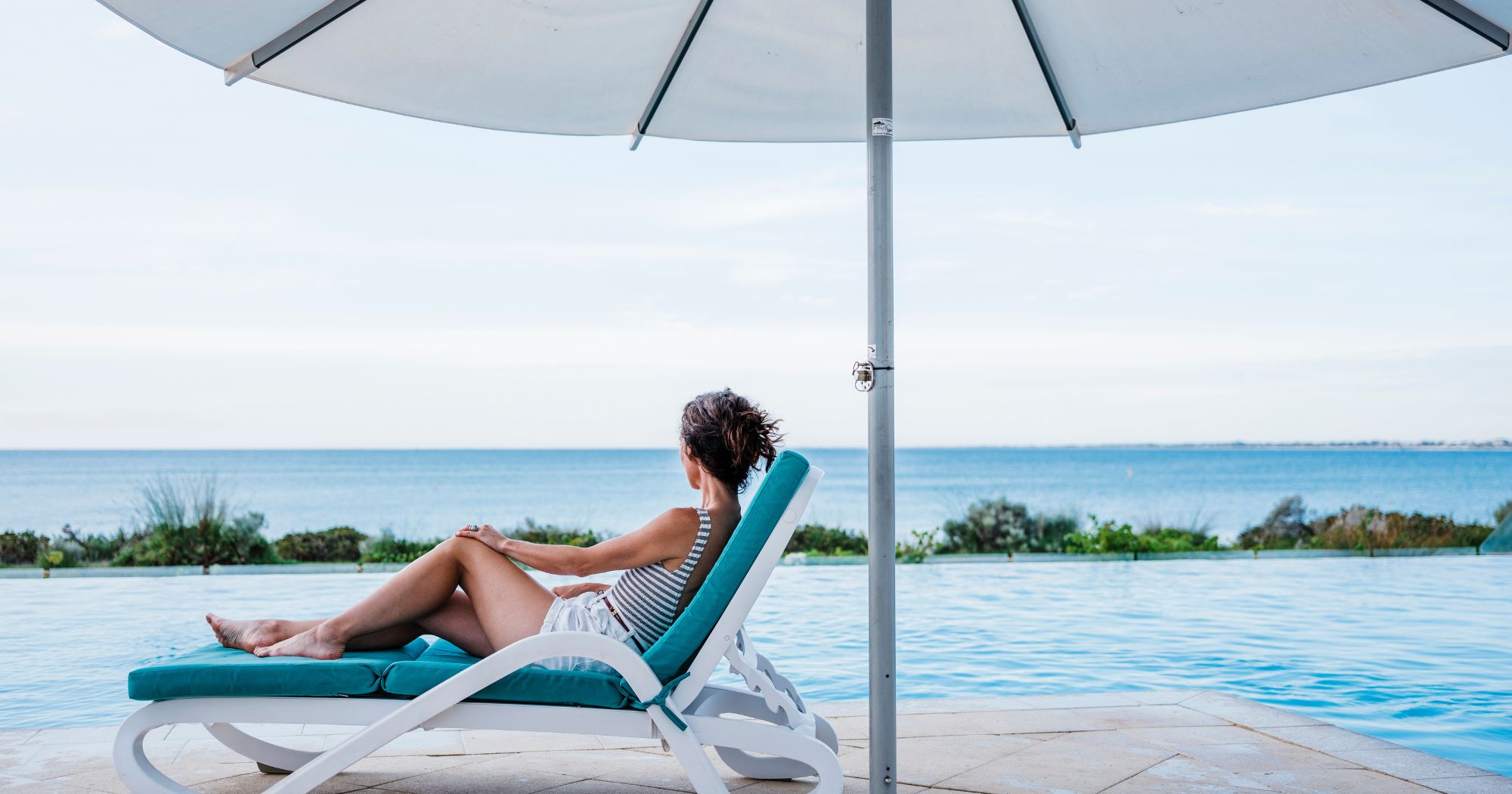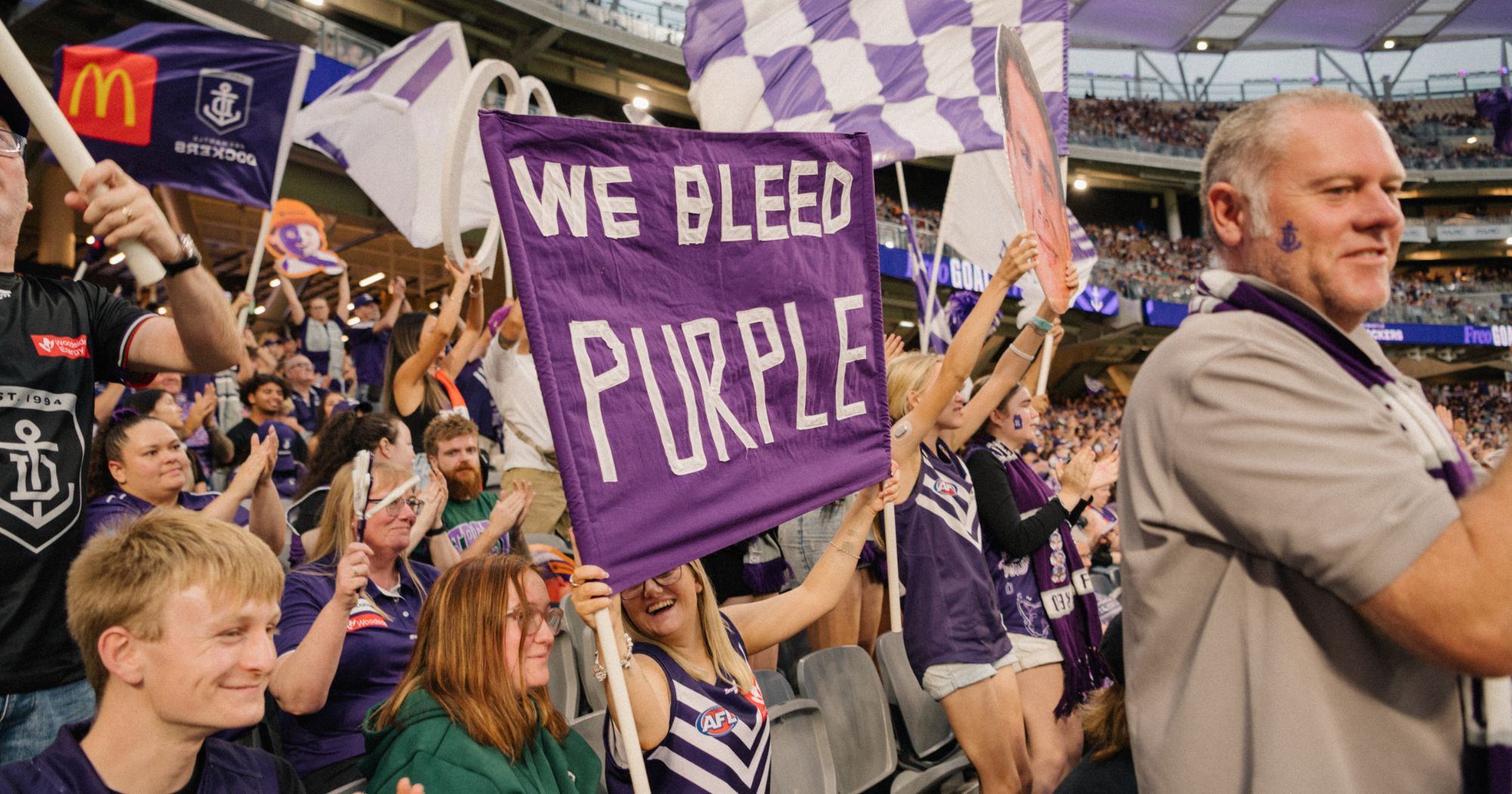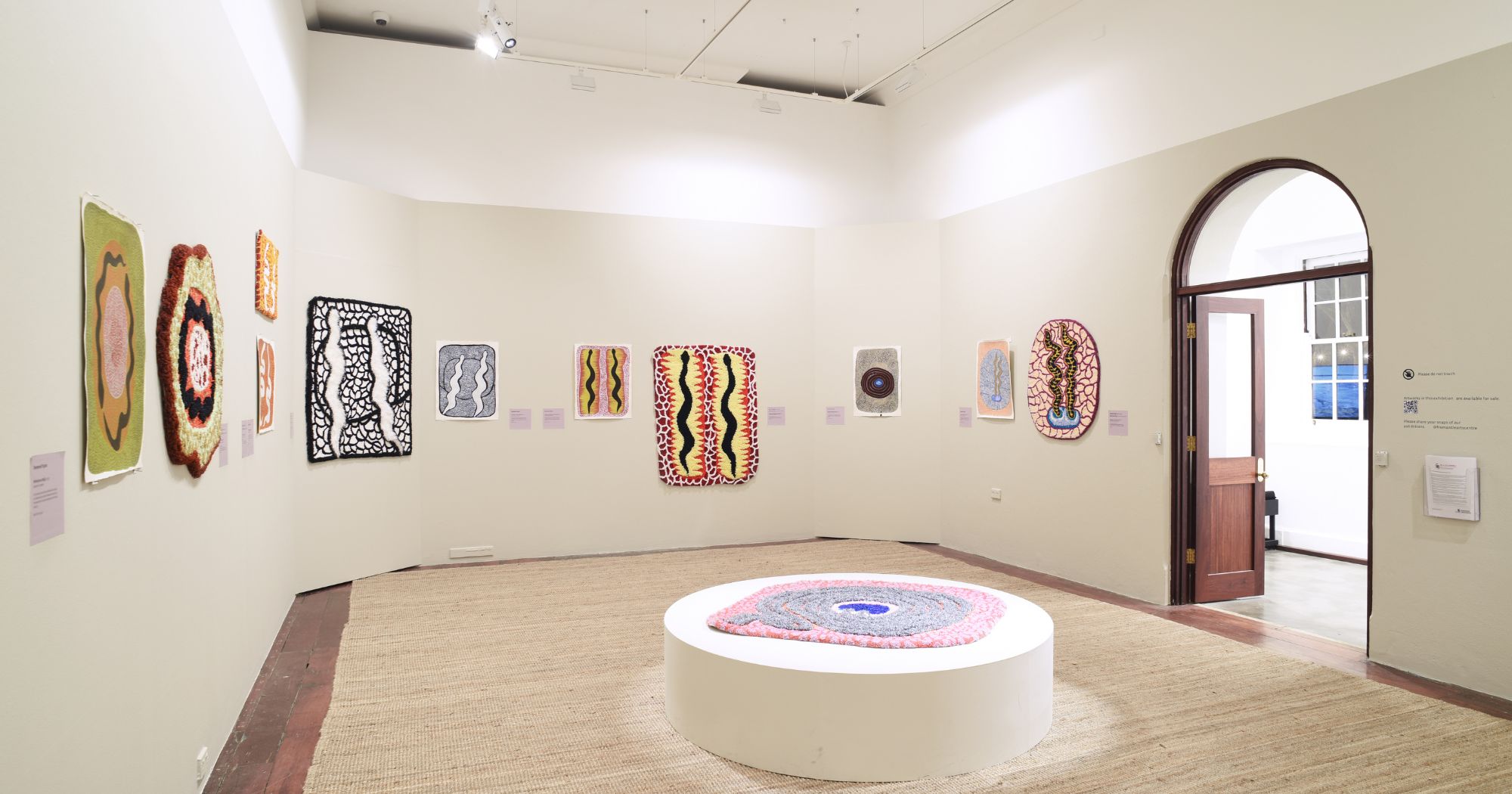Isolation or Home Isolation is another phrase we’ve been hearing a lot, but what does it mean exactly? If you’re ordered to isolate, can you nip down the shops?
Should you Self Isolate for your own protection?
So many questions!
Let’s get into it.
Isolation

It’s pretty obvious that this means you cut yourself off from others to contain the spread of the Coronavirus (and indeed any virus).
But how did we get here and how do you go about it?
All overseas arrivals in Australia (from March 15th 2020) must Self Isolate for 14 days (the maximum period it takes for symptoms of COVID-19 to present – although it’s usually 5) on arrival.
You may also be ordered to isolate if you have come into close contact with someone who has tested positive for Coronavirus, or has been tested yourself and is awaiting results.
Others have chosen to Self Isolate as they are at great risk of the impact of Coronavirus for other reasons such as the elderly, people with obesity, diabetics, people with upper respiratory issues such as Asthma, and those who are immunocompromised including cancer patients and organ recipients.
But regardless of why you might be Isolating, there are some rules to make it effective.
How Do I Isolate?
Isolating is staying home (or your hotel in the case of overseas arrivals) for 14 days to ensure you don’t develop symptoms of Coronavirus.
The Department of Health says that to Isolate you must:
- Refrain from going to public places such as work, school, shopping centres, childcare or uni
- Ask someone to get food and other necessities for you and leave them at your front door
- Do not let visitors in — only people who usually live with you should be in your home
So no, you can’t nip down the shops.
They continue with:
Only people who usually live with you should be in the home. Do not see visitors. If you are in a hotel, avoid contact with other guests or staff.
But what if you are suspected of having Coronavirus and your housemates/family are not?
Your Isolation can be managed within your home with strict hygiene and cleaning practices without the need for one or the parties to find alternative accommodation – that is unless you live with someone who has one or more of the high-risk indicators.
In that case, an alternative arrangement should be made to move them out temporarily or for you to isolate in another location if possible.
If you have been diagnosed with Coronavirus the people you live with would all be considered a “close contact” and they will need to isolate too.
You can minimise the risk of your co-habitants by Social Distancing and good hygiene and cleaning practise.
Can I share a bed with my partner?
Well, no. It’s not advised. If possible you should stay in a separate room, not share a bathroom and keep your contact with your family or housemates to a minimum.
Can I go outside at all?
If you live in a private house, it is safe for you to go into your garden or courtyard.
If you live in an apartment or are staying in a hotel, it is also safe for you to go into the garden but you should wear a surgical mask to minimise risk to others and move quickly through any common areas.
For more information visit health.gov.au.
Stay up to date with the latest Perth Coronavirus news.












